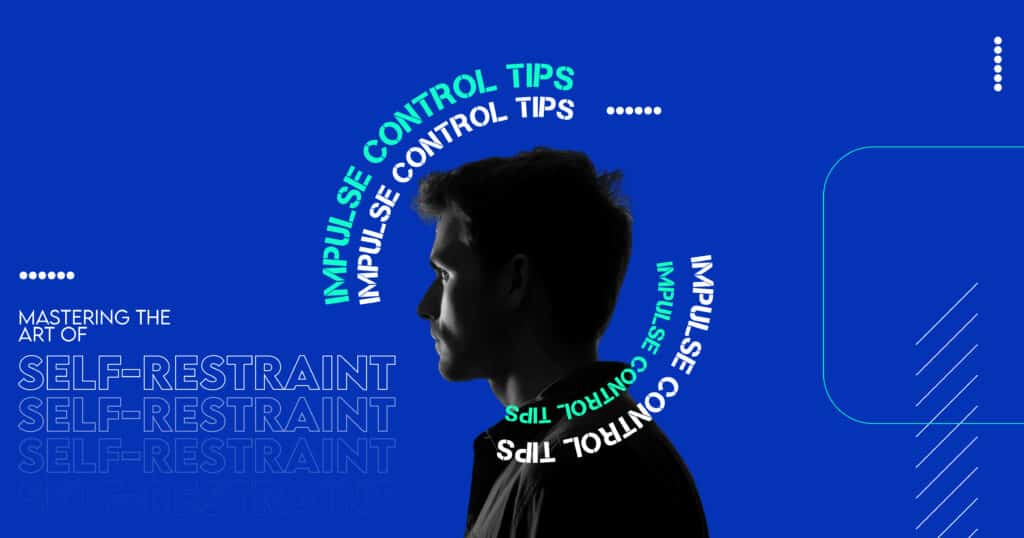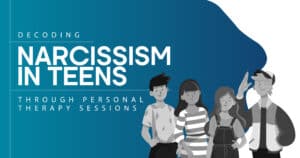
Are you often overwhelmed by impulsive urges and struggle to control your impulses? Do you find yourself constantly giving in to immediate desires, only to regret it later? If so, you’re not alone. Many individuals struggle with impulse control, but the good news is that it’s a skill that can be learned and mastered with practice. In this article, we will explore effective impulse control tips that will help you develop self-restraint and make better decisions for your long-term well-being.
Understanding Impulse Control
Before diving into the tips, let’s first understand what impulse control really means. Impulse control refers to the ability to resist immediate impulses or urges in order to achieve long-term goals and maintain self-discipline. It involves managing and controlling behaviors, thoughts, and emotions that may lead to impulsive actions, such as excessive spending, overeating, or impulsive anger outbursts.
California Mental Health
The Consequences of Poor Impulse Control
Lack of impulse control can lead to various negative consequences in both personal and professional life. These may include:
- Financial difficulties: Impulsive spending, gambling, and poor financial decision-making can lead to debt and financial instability.
- Impaired relationships: Acting on impulse without considering the consequences can strain relationships with loved ones and friends.
- Health problems: Overindulging in unhealthy habits like excessive drinking, smoking, or overeating can lead to long-term health issues.
- Career setbacks: Acting impulsively at the workplace can harm your professional reputation and hinder career progression.
- Legal troubles: Engaging in impulsive and reckless behaviors can lead to legal issues and criminal charges.
Now that we understand the importance of impulse control and the consequences of not exercising it, let’s move on to practical tips that can help you develop self-restraint.
Tip 1: Pause and Reflect
One of the fundamental techniques for mastering impulse control is to pause and reflect before acting on any urge or impulse. This simple step allows you to create a momentary gap between your impulses and actions, giving you the opportunity to evaluate the consequences of your actions. So, the next time you find yourself tempted to engage in impulsive behavior, take a deep breath, step back, and ask yourself:
- “What are the potential consequences of giving in to this impulse?”
- “Will this action align with my long-term goals and values?”
- “Is there a healthier, more productive alternative to satisfy this urge?”
Tip 2: Identify Your Triggers
Every individual has unique triggers that lead to impulsive behaviors. Identifying these triggers is crucial in building effective impulse control. Take some time to reflect on situations or emotions that tend to trigger impulsive reactions in you. It could be stress, boredom, peer pressure, or even certain environments. Once you identify your triggers, you can develop strategies to avoid or manage them effectively. For instance:
- If stress triggers impulsive eating, try incorporating stress-reducing activities like exercise, meditation, or spending time in nature.
- If boredom leads to unnecessary online shopping, explore new hobbies or engage in activities that keep you mentally and physically occupied.
California Mental Health
Tip 3: Practice Delayed Gratification
Delayed gratification is the ability to resist immediate rewards in favor of larger, more meaningful rewards in the future. This impulse control technique is essential for long-term success and overall well-being. To practice delayed gratification, consider the following strategies:
- Implement a “wait before you buy” policy to avoid impulsive purchases. Give yourself 24 hours to reconsider before making any non-essential purchases.
- When facing a craving or desire, distract yourself by engaging in a different activity, such as going for a walk, reading a book, or talking to a friend.
- Set goals and reward yourself only after achieving them. This will teach you the value of delayed gratification and strengthen your impulse control abilities.
Tip 4: Build a Support System
Having a strong support system can significantly enhance your ability to control impulses. Surround yourself with individuals who share similar goals in terms of impulse control and encourage each other to make better choices. Seek support from friends, family members, or even online communities dedicated to personal growth and self-discipline. Sharing your struggles and progress with others not only provides you with accountability but also boosts your motivation to continue practicing impulse control.
Frequently Asked Questions
Is there a quick fix for impulse control issues?
Impulse control is a skill that requires practice and patience. There is no quick fix, but with consistent effort and the proper strategies, you can develop and improve your impulse control over time.
Can impulse control be improved at any age?
Yes, it is never too late to work on improving your impulse control. The brain remains adaptable throughout life, and with practice, you can strengthen your self-restraint abilities.
What if I relapse and give in to an impulse?
Remember that mastering impulse control is a journey, and setbacks are inevitable. Instead of beating yourself up over a relapse, learn from the experience, reassess your strategies, and recommit to your long-term goals.
California Mental Health
Conclusion
In conclusion, impulse control is a vital skill that can lead to greater self-discipline, better decision-making, and ultimately, a more fulfilling life. By incorporating the above tips into your daily routine and consistently practicing self-restraint, you can gradually gain mastery over your impulses. Remember, developing impulse control is a process that requires time and effort, so be patient with yourself. You have the power to take control of your impulses and create a brighter future.
Our goal at California Mental Health is to help people who are experiencing mental health problems by offering them dependable virtual mental health care. By fostering a welcoming and judgment-free environment, we hope to lower the barriers to seeking assistance.







